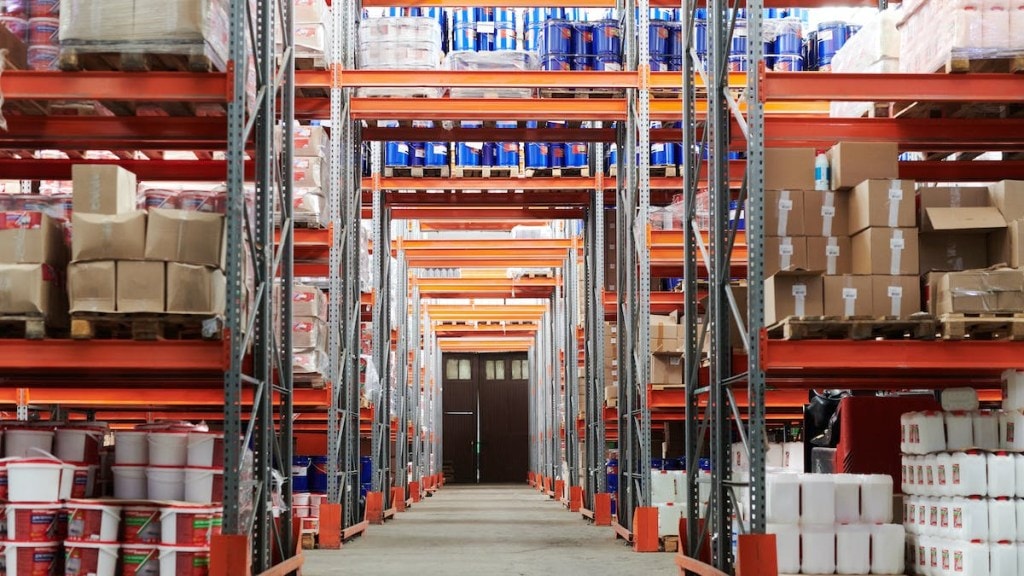– By Karandeep Singh Nanda
Success hinges not only on the products lining the shelves but also on the seamless orchestration of behind-the-scenes operations. As we step into 2024, the spotlight is turning to the transformative potential of facility management in reshaping the retail sector. Strategic facility management practices are emerging as the unsung heroes, capable of boosting operational efficiency, enhancing customer experiences, integrating smart technologies, optimizing supply chain facilities, fortifying security measures, and championing sustainability—all of which contribute to elevated overall performance.
Optimizing Operational Efficiency
At the core of a successful retail operation lies the need for operational efficiency. Facility management plays a pivotal role in streamlining processes, from inventory management to workforce coordination. Real-time monitoring and analytics allow for the identification of bottlenecks and inefficiencies, enabling retailers to make data-driven decisions. Adopting state-of-the-art technology, such as AI-driven systems and IoT devices, helps with predictive maintenance, which minimises downtime and makes sure the retail machine stays functioning properly.
Enhancing Customer Experiences
In the age of heightened customer expectations, creating memorable experiences is key to retaining and attracting clientele. Facility management contributes to this by optimizing the physical retail space. It involves creating layouts that maximize customer flow, ensuring that products are easily accessible, and deploying sensory elements that engage and captivate shoppers. Moreover, facility managers are increasingly utilizing data analytics to understand customer behavior, enabling retailers to personalize their offerings and tailor the in-store experience.
Adopting Smart Technologies in Retail Spaces
The future of retail is undeniably intertwined with smart technologies. From interactive displays to smart shelves and cashier-less checkout systems, facility management is at the forefront of integrating these innovations into the retail environment. By leveraging the Internet of Things (IoT) and artificial intelligence, facility managers can create connected spaces that not only enhance operational efficiency but also provide a seamless and futuristic shopping experience. These technologies not only serve as a convenience for customers but also contribute to the retailer’s image as an industry innovator.
Optimizing Supply Chain Facilities
Efficient supply chain management is a linchpin for retail success. Facility managers are now playing a critical role in optimizing supply chain facilities, ensuring a seamless flow of products from manufacturing to store shelves. Automated inventory systems, demand forecasting tools, and real-time tracking solutions are becoming integral components of facility management strategies. This not only reduces costs but also minimizes waste, as retailers can better align their inventory with customer demand.
Implementing Advanced Security Technologies
With the increasing digitization of retail operations, the need for robust security measures has never been greater. Facility managers are now tasked with implementing advanced security technologies, including biometric access controls, AI-driven surveillance systems, and cybersecurity protocols. These measures not only protect against traditional threats like theft but also safeguard sensitive customer data in an era where data breaches are a growing concern. A secure retail environment fosters trust among customers and bolsters the reputation of the brand.
Energy Efficiency and Sustainability
In an era dominated by environmental awareness, retailers are under increasing pressure to adopt sustainable practices. Facility management is stepping up to this challenge by incorporating energy-efficient technologies and sustainable building practices. From solar panels to energy-efficient lighting systems, every aspect of a retail facility can be optimized for sustainability. Beyond the environmental benefits, adopting sustainable practices resonates with the growing eco-conscious consumer base, enhancing a retailer’s brand image and market positioning.
Overall Performance
The amalgamation of these facility management practices translates into elevated overall performance for retailers. Increased operational efficiency leads to cost savings, improved customer experiences drive loyalty, the adoption of smart technologies positions retailers as industry leaders, optimized supply chains reduce waste, advanced security measures protect both assets and customer data and sustainability efforts contribute to a positive public image. The orchestration of these components by facility managers propels retailers into a new era of success in 2024.
The retail sector is undergoing a profound transformation, and facility management is emerging as a key player in driving this evolution. By optimizing operational efficiency, enhancing customer experiences, integrating smart technologies, optimizing supply chains, implementing advanced security measures, and championing sustainability, facility management practices are poised to revolutionize the retail landscape in 2024 and beyond. Retailers that embrace these strategic approaches will not only survive but thrive in the dynamic and competitive market of the future.
(Karandeep Singh Nanda is the Operations Head – West at Embassy Services Pvt. Ltd.)
(Disclaimer: Views expressed are personal and do not reflect the official position or policy of Financial Express Online. Reproducing this content without permission is prohibited.)
